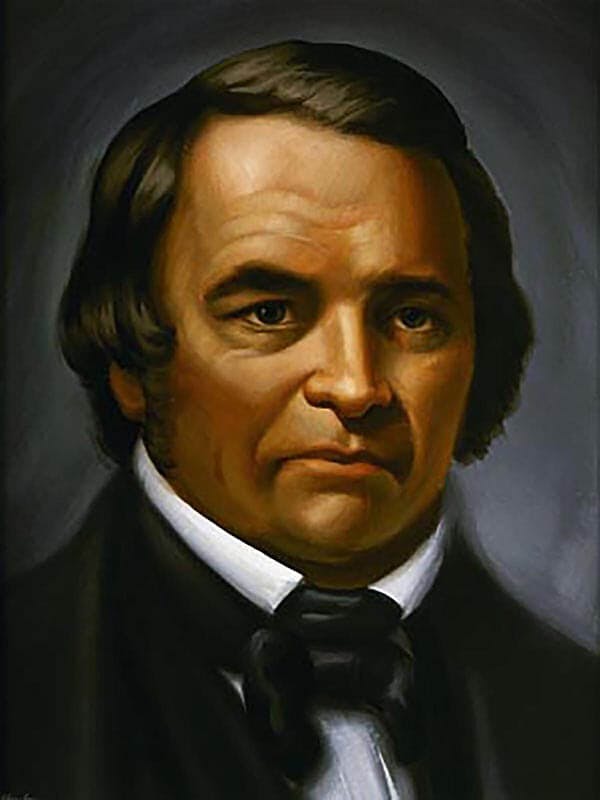WHAT WAS THE GREAT AWAKENING IN AMERICA?
The Puritans who fled to America successfully escaped the ravages of religious persecution in Europe but fell prey to a more insidious enemy. Though America proved to be a safe haven for religious liberty, the new world also had other offerings as well. The brutal New England winters, the pressures and challenges of settling into a new environment and figuring out how to make a living and the unprecedented opportunities all coalesced to form a kind of sleepy haze over the early settlers. It was all too easy for their spiritual senses to become drowsy and dull in the warm intensity of their new home and many of them began to nod off into a state of spiritual slumber.
At the turn of the 18th century, the general feeling among the colonies was one of spiritual lethargy and drowsiness. This state of affairs led to what is known as the first great awakening with men like George Whitefield, Charles Tennent and Jonathan Edwards stepped into the gap to run the thread of revival across the sleepy colonies. The impact of the revival was enormous. One historian estimates that about 10-20% of a town would be converted and join the church in a single year. The effects were so widespread that by the 1740s most of the colonists, if not converted themselves, at the very least knew someone who was.
George Whitefield’s shadow loomed large over the first great awakening. He was an amazing orator and a remarkably itinerant preacher, able to hold vast crowds of people spellbound throughout his electrifying sermons. Thousands were converted with some conservative estimates at about 300-1100 young people converted to the church in the space of a few months.
One of the key points that the first great awakening emphasized was the individual’s right to freedom of conscience, a concept which was not new but was slowly crystallizing in the collective American consciousness. Similarly, it encouraged each individual to search the scriptures for themselves and to make up their own mind with regards to their religious persuasions independent of church authority. It was the war cry of individual accountability to God outside of the system of Papal hierarchy. It changed 17th-century American society in a marked way.
Not only did the revivals lead to great spiritual change but they led to great social and political change as well with some scholars suggesting that they were the springboard that led to democratizing American thought.

